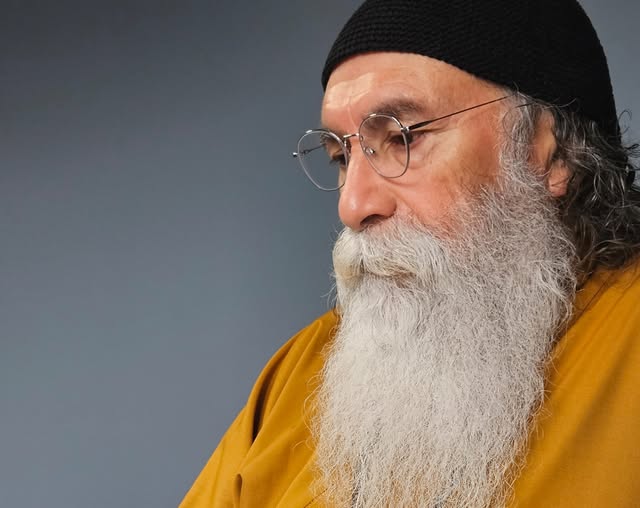“Other people’s opinions are like an echo: they sound loud, but they don’t always say anything true. Listening to them carefully can be sensible; living to please them can be destructive. Inner freedom begins when we stop asking the world for permission to be who we are. Other people’s voices—even well-intentioned ones—rarely know the whole story behind our decisions. They speak from their limitations, project their fears, repeat what they have heard. In many cases, they are not talking about you, but about what they would do if they were you. But they are not you.
Socrates, questioned until his death, never allowed the opinion of the majority to displace the voice of his daimon. He listened to everyone, but obeyed only that which did not contradict himself. That integrity cost him his life, but it gave him something more valuable: consistency.
The Buddha taught that living for approval is like trying to fill a bottomless bowl. Something will always be missing. Serenity comes when you stop seeking validation and start seeing clearly. Those who constantly need approval have not yet found themselves.
Even Jesus of Nazareth was rejected by those closest to him. “Ἀμὴν λέγω ὑμῖν ὅτι οὐδεὶς προφήτης δεκτός ἐστιν ἐν τῇ πατρίδι αὐτοῦ.” “Truly I tell you, no prophet is accepted in his own country.” (Luke 4:24).
Misunderstanding does not invalidate the message. Sometimes, it confirms it.
Living according to the opinions of others is giving them control of your life. It is allowing those who do not understand your journey to decide your course. No one else knows your inner currents, your secret wounds, your silent motives. Only you can hear them faithfully. But ignoring others does not mean despising them. It means distinguishing between advice and manipulation, between criticism and conditioning. It’s not about closing yourself off, but about anchoring your compass at a point that doesn’t waver with every compliment or judgment. It’s very difficult to live authentically without disappointing others’ expectations. Being true to yourself sometimes requires appearing strange. Those who never make others uncomfortable or angry have probably given up on saying what they think or living what they love.
Be silent. Listen. Decide. External voices have their value, but the only one that should be irrevocable is the one that doesn’t need to shout: the one that, when everything else is silent, still says what you already knew.
That silent agreement with yourself—that non-negotiable center—is the highest form of dignity. And perhaps also the most precious.”
Prabhuji




